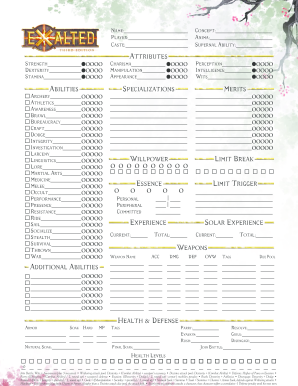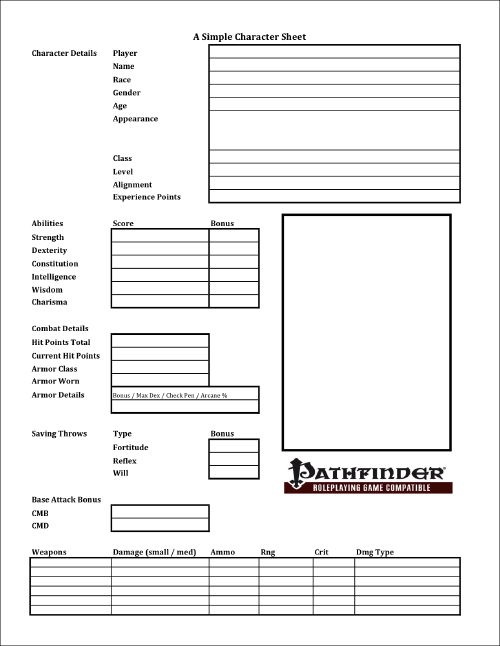

They may end up starting fights when there is a more peaceful solution, and their anger and brute force may be a weakness when the battle requires more strategy. AggressionĪggression is when a character is often ready to fight and is quite a menace. If your character is absent-minded, they may be someone people rely on for knowledge, but when it comes to being in the present, you might count them out. Because of this, they may end up being lost in the conversation or not being aware of where they are. Absent-MindedĪ character who is absent-minded may be seen as someone who is smart but is always thinking too much. It can increase your intimidation stat, but people will find you insufferableand it can destroy civil discourse. Someone abrasive can be demanding, and although they may get what they want, they may end up hurting others. AbrasivenessĪbrasiveness can be seen as a negative trait because it describes having trouble being nice in a conversation. These games also allow you to use criticalthinking skills, as they include teamwork, social skills, and communication. It can also be fun to dive into role-playing, which includes storytelling, thinking creatively, and collaborating with others. If you are interested in the game or you just want to know more about it, below is an easy-to-understand list of traits. Common Personality Traits And Attributesĭ&D is customizable in that you can create your own house rules or your own unique traits, mannerisms, habits, beliefs, and character dislikes or fears. For additional information on personality traits, check out the Myers-Briggs personality test to determine whether you are the protagonist personality type, the campaigner, or one of 14 others. Knowing your name, tradition, and the place you thrive can help you unpack your personality trait in sections. This can apply to people in real life as well. Another option is that they just don't care. Sometimes, they may not be aware of their aggression, or they may be in denial about it.

Maybe a character likes to try to hide their weakness or find others who have that trait to bond and form unions.Īlternatively, characters don't have to acknowledge certain traits. On the other hand, it can end up destroying diplomacy and causing a war. It intimidates others and gets the job done. In some stories, your aggression can be a strength. Your character being aggressive is another good example. Then, there are times when this characteristic has no impact on the story at all.

Because you come off as trusting, more people may open up to you. However, in some cases, this can be seen as a strength. You trust someone a bit too much, and they may end up betraying you. In some campaigns, when thinking about personality traits, this can be seen as a weakness. Someone's traits may be positive or negative personality traits depending on how you look at them.įor example, say your character is very trusting of others. In the game, a character's traits can have an impact on the story or no impact at all, as personality traits are small, simple additions to a character. How A Personality Attribute Plays Personal Significance In The Game


 0 kommentar(er)
0 kommentar(er)
